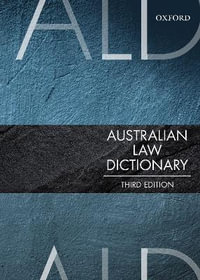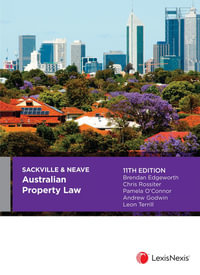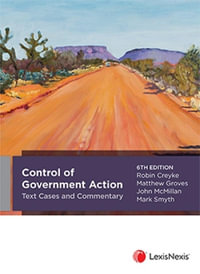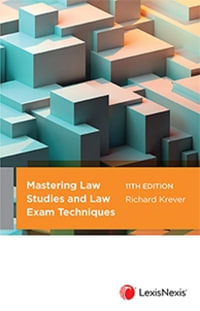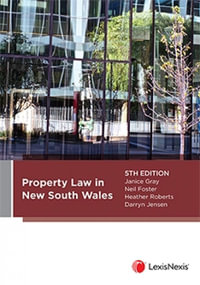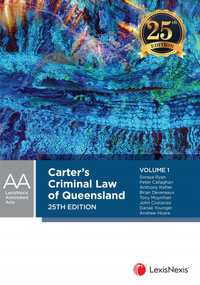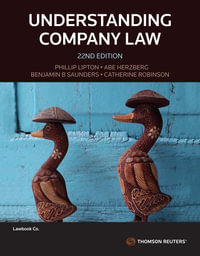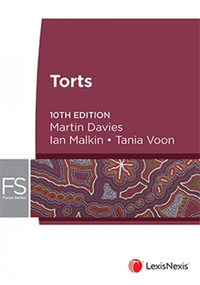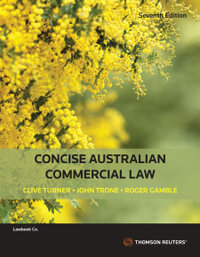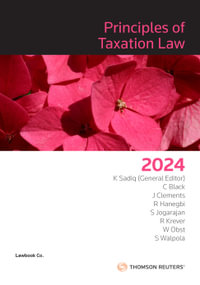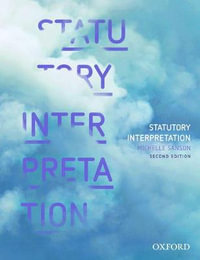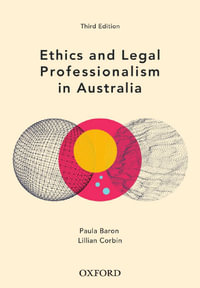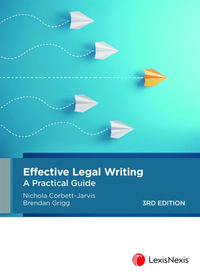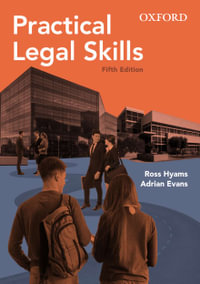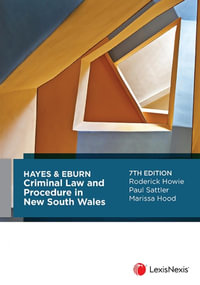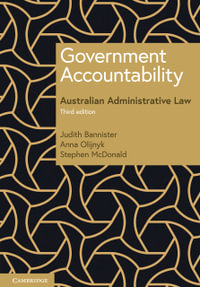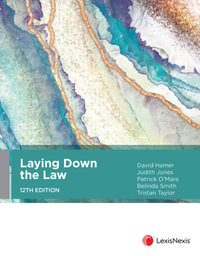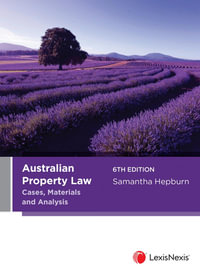This sixth edition of
Principles of Equity and Trusts has been comprehensively updated and revised. It retains its original style of presenting principles and remedies relevant to equity and trusts in a straightforward and succinct manner, referencing up-to-date cases and materials. It includes a discussion of new developments in fiduciary obligations, express trusts, unconscionable dealing, constructive trusts, penalties, injunctions, trustee duties and charitable trusts.
Among the many significant new decisions discussed in the sixth edition are the following judgments of the High Court of Australia:
- Pipikos v Trayans (2018) 265 CLR 522 (part performance and estoppel).
- Ancient Order of Foresters in Victoria Friendly Society Ltd v Lifeplan Australia Friendly Society Ltd (2018) 265 CLR 1 (breach of fiduciary duty; account of profits).
- Carter Holt Harvey Woodproducts Australia Pty Ltd v Commonwealth (2019) 368 ALR 390 (trustees right of indemnity).
- Smethurst v Commissioner of Police [2020] HCA 14 (mandatory injunction, adequacy of damages).
- Australian Securities and Investments Commission v Kobelt (2019) 368 ALR 1 (unconscionable dealing)
This new edition remains an ideal book for undergraduate study, covering all aspects of equity and trusts jurisprudence in an accessible, comprehensive, and up-to-date style. Moreover, as a reviewer of the fifth edition observed: “its accessible and structured framework will prove just as useful for practitioners seeking a summary of the state of the law across the vast array of topics that together constitute equitable jurisdiction” (Australian Banking and Finance Law Bulletin, February 2017).
Industry Reviews
Reviews of previous editions
Because of her acknowledged scholarship and considerable teaching experience, the author well knows how to effectively convey this subject to students, eg, the particularly attractive treatment of coherence between law and equity. The book is also valuable for busy practitioners. It concentrates on central issues with wide coverage. It often summarises particular cases at length rather than stating multiple points. The reader learns principles rather than every minor point, assisted by examples of propositions applied to factual scenarios. - Philip Barton, InPrint, Law Institute Journal Victoria, August 2017



